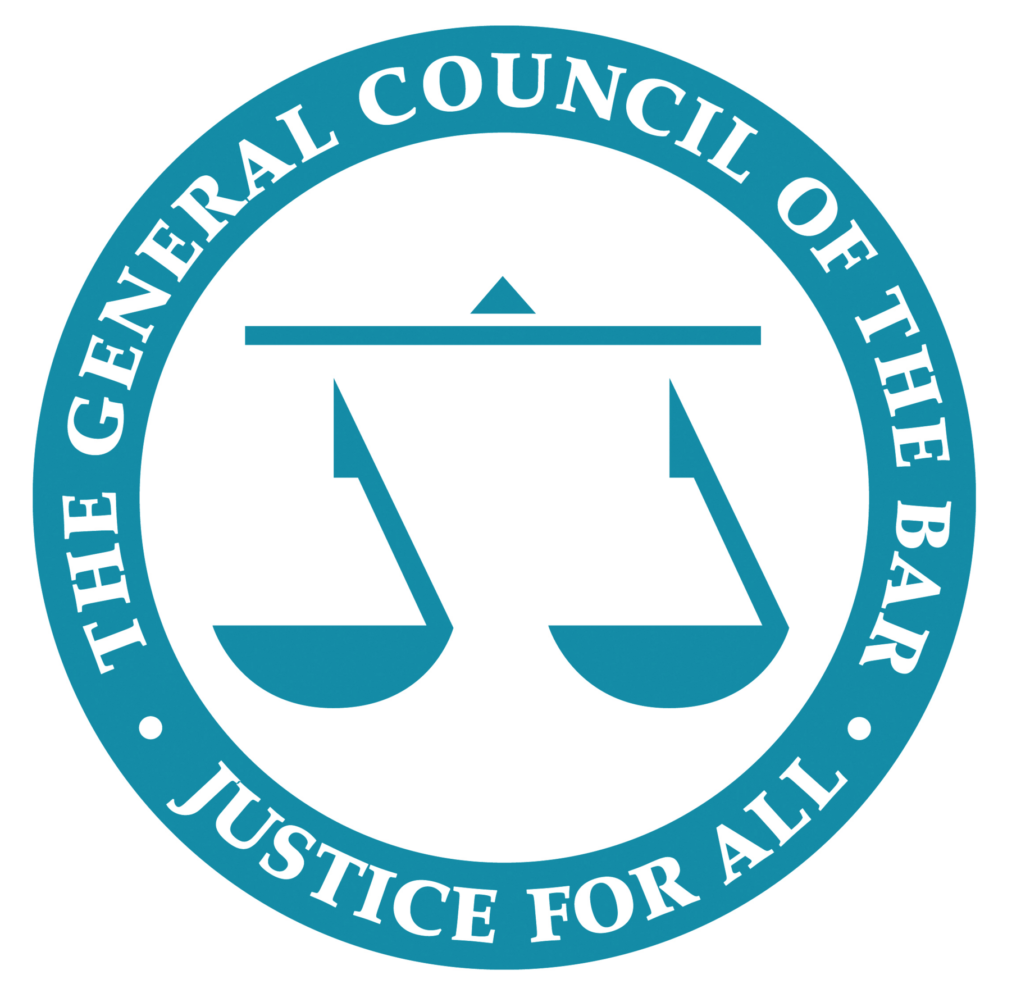The Role of Chief Executive


CEO key responsibilities
The CEO is accountable to the GCB, as represented by the Officers of the Bar (Chair, Vice Chair and Treasurer), the General Management Committee and the Bar Council itself (c.120 elected and appointed members).
The CEO provides leadership to the staff and Senior Management Team of the Bar Council and supports the Chair of the Bar Council and, to a limited extent, the Chair of the Bar Standards Board (BSB), in their delivery (respectively) of representative and regulatory objectives. The role of CEO falls into five broad categories:
- Leadership, resources & governance
- Accounting officer
- Approved regulator (AR)
- Representation, Policy & Services (RPS)
- External and ambassadorial
CEO leadership, resources & governance
The GCB acts as the single employer for all staff regardless of area of work. As the most senior representative, the CEO is charged with providing strong and effective leadership to the organisation of the GCB as a whole from an employment perspective, whilst recognising and respecting the independence of the BSB in accordance with the IGR.
This includes specific responsibility for ensuring equality of staff treatment as well as adherence to best employment practices across all parts of the GCB, including the BSB. The CEO is responsible for dealing with leadership and management topics that span all parts of the organisation.
The CEO currently has the following direct reports:
Representation, Policy & Services (RPS) Group
- Director of Policy
- Director of Services (including Training and Events)
- Director of Communications
- Head of Strategy, Planning and Governance
- Adviser to the Chair
Resources Group (RG)
- Director of Finance
- Chief Information Officer
- Head of Human Resources
BSB
The CEO has no line management or managerial responsibility for the Director General of the BSB or any BSB staff. However, they do have a responsibility for ensuring that the BSB adheres to GCB policies.
Governance
The CEO has the overall statutory and operational responsibility for ensuring that the GCB manages the attendant risks facing the organisation. The CEO has operational responsibility for the risks arising in the RPS and RG parts of the organisation (while the BSB DG has equivalent responsibility for the regulatory risks). Both operate under the overall supervision of the Joint Audit committee (while the BSB DG is also overseen, as to regulatory risks, by the BSB’s Governance, Risk and Audit Committee).
The CEO has further governance responsibilities as described in the Constitution and the Standing Orders (https://www.barcouncil.org.uk/about/ bar-council- governance/constitutionandstructure.html), including (but not limited to) returning officer for Bar Council elections, convener of Bar Council meetings, the AGM and extraordinary general meetings.
Accounting Officer
The CEO is the accounting officer of the GCB and responsible for financial planning, the production of accounts and day-to-day financial management in respect of the GCB and the collection of practising certificate fees (the Director General is responsible for financial planning and day-to-day financial management in respect of the BSB).
Decisions on high level budgetary and resource matters are taken by the Finance Committee. It is the duty of the GCB to ensure that appropriate financial resources are available to the BSB to enable the latter to perform its statutory functions in accordance with the LSA 07 and the IGRs. The Audit Committee is charged with the oversight of the Bar Council audit and control functions. The CEO is a non-voting member of the Finance Committee and attends the Audit Committee.
The CEO acts with the delegated authority of the Finance and the Audit committees in managing resources and in ensuring the identification and implementation of all financial and audit policies relevant to the GCB. This will include a major role in the exercise of budgetary discipline as well screening, prior to submission to the Finance Committee, all budgetary proposals so as to ensure they are robust and properly supported. The CEO will exercise overall responsibility for the annual GCB budget submissions to the Finance Committee for approval. The CEO oversees the preparation and production of the annual report and accounts and leads the annual presentation of the GCB budget and practising certificate fee (PCF) proposals to the LSB.
Approved Regulator (AR)
The GCB is the AR of the profession under the LSA 07. The AR has a duty to delegate the discharge of its regulatory functions in compliance with section 28 of the LSA 07 to an operationally independent body – the Bar Standards Board (BSB). The BSB has its own constitution, recruits its own Board and sets its own budget. It has an independent lay Chair and is led at executive level by the Director General. In accordance with the LSA 07, the GCB remains responsible to the LSB for the regulatory performance of the BSB and it therefore has assurance responsibilities.
The CEO has specific statutory responsibilities on behalf of the AR in relation to the BSB, and in order to fulfil these must have a detailed knowledge of the LSB’s IGR and associated arrangements. Responsibilities under the IGR include: ensuring that the exercise of the BSB’s regulatory functions is not prejudiced by the GCB’s representative functions and ensuring that the BSB provides sufficient information to the GCB as is reasonably required for the GCB to be assured of the BSB’s compliance with the LSA 07.
The ‘Protocol on regulatory independence and provision of assurance’ is designed to give assurance that the BSB is operating independently in line with the intentions of the LSA 07 and such IGR as may apply. The CEO may offer advice and guidance to the BSB as appropriate and as required but will not play a part in the formal decision making of the BSB.
Representation, Policy & Services
The CEO contributes to the formulation of the GCB’s representative strategies and policies, working closely with the Chair of the Bar, other Officers and representatives of the Bar, and other senior staff. They are also responsible for the development and effective delivery of the GCB’s services to members and other commercial activities. The CEO is a member of – and reports to – the General Management Committee (GMC) and may attend such other representative committees as may, from time to time, be appropriate.
External
The CEO acts as an ambassador for the GCB in its capacity as AR and representative body. The CEO has a secondary ambassadorial role supporting, where invited so to do, the Chair of the Bar Council. On matters relating to the GCB in its capacity as AR, the CEO will liaise with external stakeholders such as central government, the LSB, the Inns of Court, the circuits, specialist Bar associations, Bar associations elsewhere in the United Kingdom and abroad, and with non-legal professional bodies.
Person Specification
Applicants should have:
- a university degree and/or professional qualification
- consistent achievement at CEO level, or substantial senior management experience in an organisation of comparable scope
- an ability to understand the work of the legal profession, the wider national and political context within which they operate, and the associated statutory and representative challenges and opportunities
- a track record in providing sound advice and guidance at senior management/director/elected member/ board member level and significant experience of operating at Board level
- a proven track record of successful corporate management, formulating and delivering corporate vision, strategies, policies and objectives
- acute financial and commercial awareness and strong analytical skills
- an ability to operate sensitively within an approved regulator environment and develop stakeholder relationships that command respect, trust and confidence
- a successful track record of building productive internal and external relationships and of collaborative working across the representative, statutory, government and private sectors
- excellent communication and networking skills and an ability to give clear comprehensive and persuasive presentations to a wide variety of audiences, on controversial and/or complex matters
- demonstrable evidence of linking diversity issues to policy and service development and delivery

